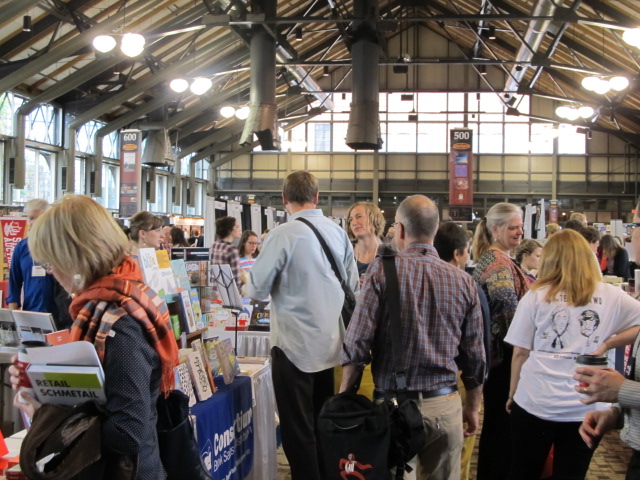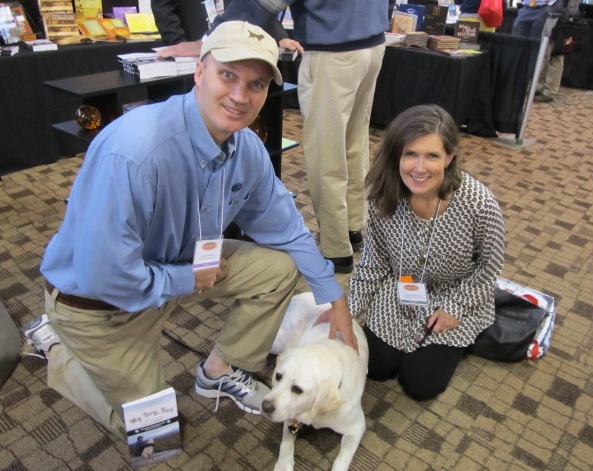Times Public Editor: An Amazon Hatchet Job?
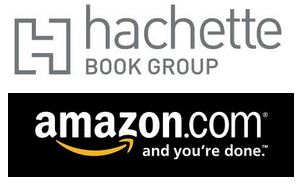
In response she called the charge of propaganda spewing "a stretch," and said that "Streitfeld has done plenty of solid work. But it's certainly true that the literary establishment has received a great deal of sympathetic coverage [and] it's easier to find Amazon defenders and fans outside the pages of the Times." She quoted defenders of Amazon, including Mathew Ingram and Barry Eisler, and said that many of the paper's stories about the conflict don't challenge some statements critical of Amazon, such as Ursula K. Le Guin's description of Amazon's tactics as censorship, and are dismissive of the pro-Amazon crowd.
One example: "the Page 1 article in August about a full-page ad criticizing Amazon, signed by 900 authors, that was scheduled to appear in the Times two days later. Noting that ads normally don't become front-page news, some commenters also objected to Mr. Streitfeld's seeming dismissal of an opposing petition with nearly 8,000 signatures. He described it as a 'rambling love letter' to Amazon."
In response, Streitfeld said "his stories have been driven by one value: newsworthiness. When established authors band together against the largest bookseller, he says, 'it's just a great story, period.' And he says that 900 of their signatures mean much more than 'a petition that's open to anyone on the Internet.' To treat them as equal would be false equivalency, he says."
Describing the Amazon-Hachette dispute "a tale of digital disruption, not good and evil," Sullivan called for "more unemotional exploration of the economic issues; more critical questioning of the statements of big-name publishing players; and greater representation of those who think Amazon may be a boon to a book-loving culture, not its killer."










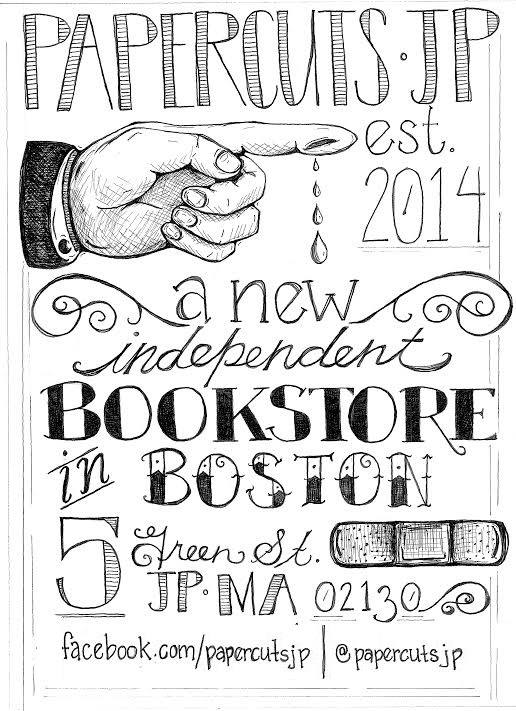 Papercuts, JP
Papercuts, JP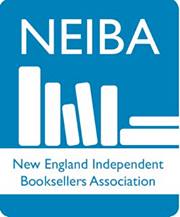 Picturesque Providence, R.I., hosted the New England Independent Booksellers Association's 41st annual Fall Conference September 30-October 2.
Picturesque Providence, R.I., hosted the New England Independent Booksellers Association's 41st annual Fall Conference September 30-October 2. 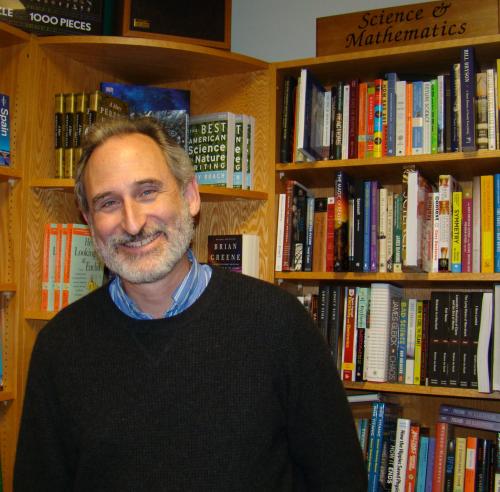

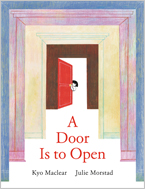
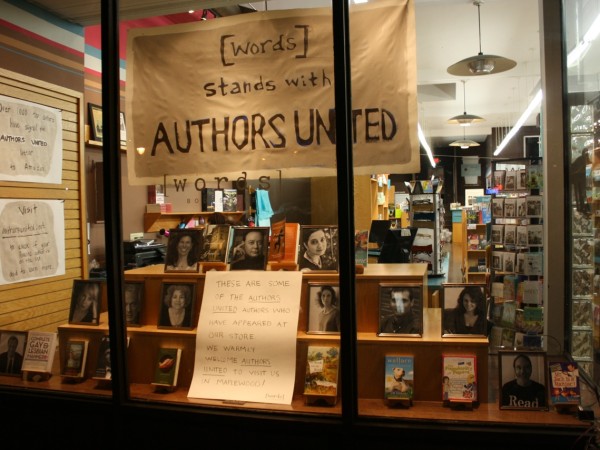 The newest
The newest  Congratulations to
Congratulations to 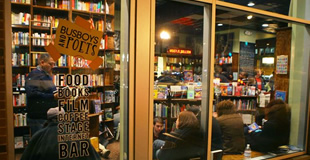 The
The 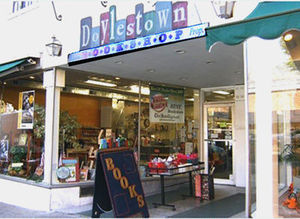 "Working in retail, you get to interact with all different types of people--some whom you may not be so fond of, some who are gracious and kind. Luckily, I've mostly encountered the latter at my place of employment. And mostly, they're children," Carson LaGreca wrote in a piece for the Intelligencer about her "
"Working in retail, you get to interact with all different types of people--some whom you may not be so fond of, some who are gracious and kind. Luckily, I've mostly encountered the latter at my place of employment. And mostly, they're children," Carson LaGreca wrote in a piece for the Intelligencer about her "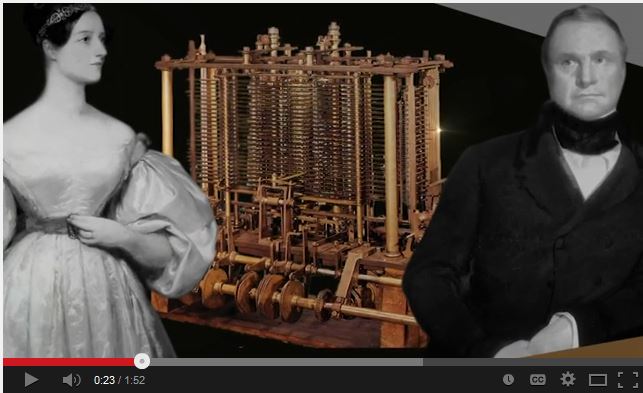

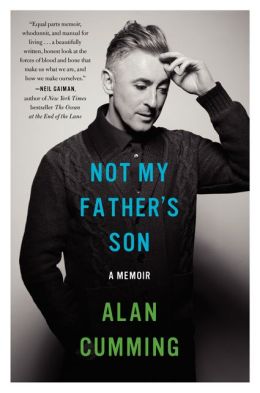 Book you're an evangelist for:
Book you're an evangelist for: British television viewers have had the pleasure of watching BBC Four's entertaining history of English murder, A Very British Murder, narrated by the amiable Lucy Worsley (
British television viewers have had the pleasure of watching BBC Four's entertaining history of English murder, A Very British Murder, narrated by the amiable Lucy Worsley (
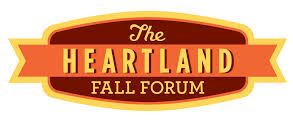 On my flight from upstate New York to Minneapolis last Tuesday for the
On my flight from upstate New York to Minneapolis last Tuesday for the 